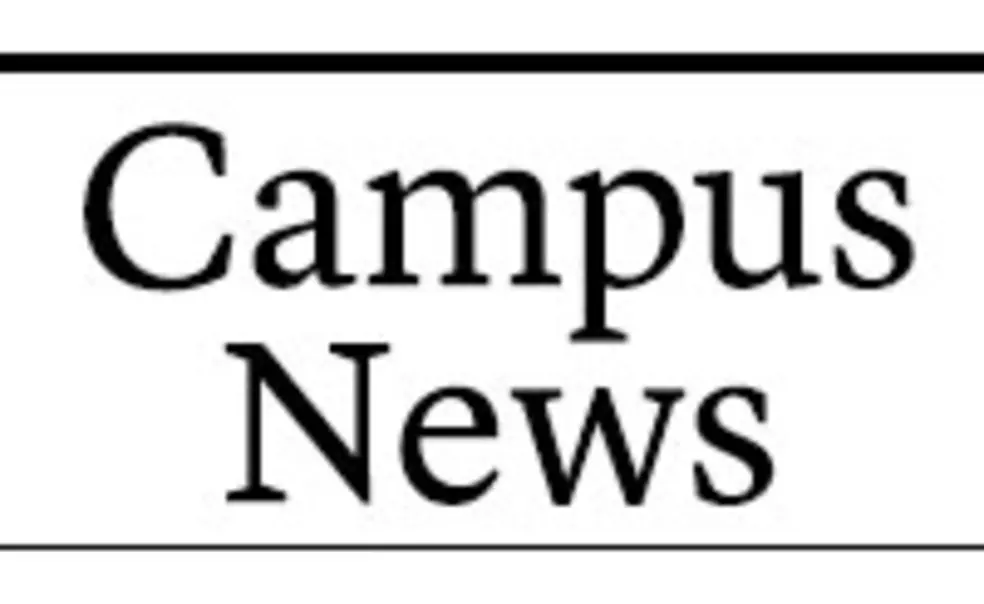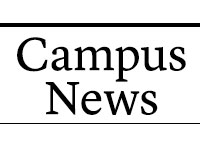Wilson School colloquium examines 'state of the states'
During the keynote discussion kicking off the Woodrow Wilson Schoolâs 10th annual colloquium April 13, Rep. Rush Holt, D-N.J., likened the past yearâs action in Congress to a game of chicken.
 âAt least part of the car went off the cliff last summer when the bond rating was downgraded,â Holt said.
With hotly contested elections coming up this fall, combined with the expiration of the Bush tax cuts and mandatory spending cuts that risk another government shutdown, Holt and fellow keynote speaker Rep. Leonard Lance *82, R-N.J., said the game isnât over.
This yearâs colloquium, âThe State of the States,â brought together more than 150 Wilson School graduate alumni and faculty. The gathering focused on state policymaking because most of the action in domestic policy is at the state level. In two days of panel discussions, participants covered education, health care, energy, and economic development, offering a chance to step back and consider both the challenges and opportunities facing policymakers in the months and years ahead.
âItâs an extraordinary moment of political uncertainty, but an opportune time for discussion about the future,â Princeton history professor Keith Wailoo said during the panel on health care.
With a wide range of stakeholders fighting over a shrinking pot, the challenges states face in providing health care and implementing reforms arenât going away, said Heather Howard, a lecturer in public affairs and director of the State Health Reform Assistance Network.
In fact, the challenges are growing, said Anthony Shorris *79, senior vice president of the NYU Langone Medical Center. Citing trends like an aging population and rising costs across the country, Shorris and Howard argued that an efficient and equitable health care system is a national project.
âWe canât afford devolution of funding and management of health care spending, which makes up 1/6 of our GDP, to the states,â Shorris said.
But even the best national policies donât implement themselves, noted Kim Belshe *87, senior policy advisor at the Public Policy Institute of California.
âItâs state policy that determines whether sweeping policy changes become a reality for our communities,â Belshe said.
Despite the challenges, Holt and ÂÂÂÂÂÂÂÂÂLance did find cause for hope. A post election âsigh of relief,â Lance said, will give way to progress on issues that matter.
âThere was hand-wringing during Jacksonâs presidency, [and later] during the Civil War, that this country was going down an irreversible path and the ship of state would never right itself,â Holt said. âBut again and again the country has found its feet. Itâs time, and I hope people will act.â













No responses yet